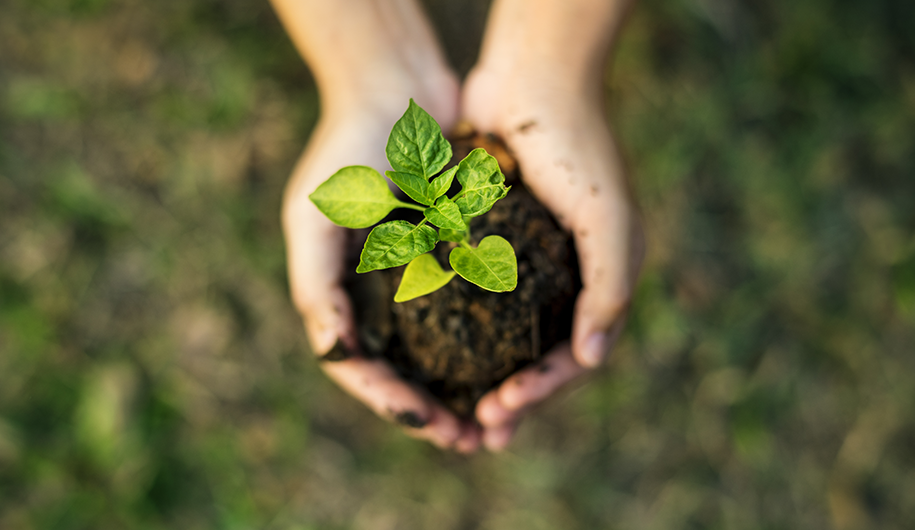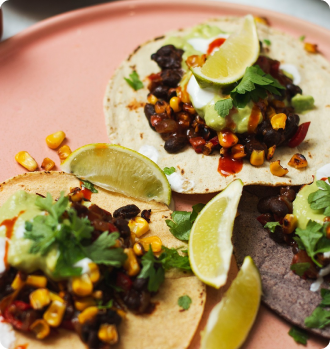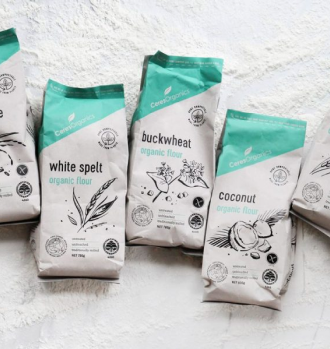
Organic. Biodynamic. As the world moves towards a greater eco-consciousness and sustainability, we’re hearing these words more and more. Though still an emerging movement, biodynamic products are making their way to supermarket shelves and redefining our conversations about where food comes from. The words organic and biodynamic describe the farming methods used to produce food. Yet, while both methods work together, biodynamics was the first agricultural system that was consciously derived with the purpose of working with nature. Here’s what you need to know about these two sustainable practices.
What is organic agriculture?
Put simply, organic agricultural systems follow a principle of producing high quality food through processes that do not harm the environment, human health or animal health. Organic farmers do not use synthetic fertilisers, pesticides, antibiotics, growth promotants, genetic modification or irradiation. These farms are managed to maximise soil fertility and minimise adverse impact on the environment. This means organic agriculture aims to produce, process and distribute food in a way that sustains the health of soils, ecosystems and people.
Key organic farming principles include:
- Enhancing biological cycles
- Improving long-term soil structure and fertility
- Humane treatment of livestock
- Maintaining genetic diversity
- Cycling organic matter and nutrients within a production system
- Minimising pollution
- Adopting an integrated management system for soil, crops and the environment for weed, pest and disease control
First created by Austrian scientist and philosopher, Rudolf Steiner, biodynamic farming is a type of organic farming. In fact, biodynamics is considered the pinnacle of regenerative agriculture. Both practices prohibit the use of chemicals such as synthetic fertilisers, pesticides, and growth promotants. Organics and biodynamics both also use regenerative practices such as crop rotation and composting, tree planting and the integrated use of livestock.
In addition to this, biodynamics has a wider picture of the influences of nature, including the planets out to Saturn, the moon and sun. As a result, it has more specific practices. Steiner taught that the planets in our solar system can affect conditions for growth and vitality. Biodynamics therefore, uses special plant, animal and mineral preparations and the rhythmic influences of the sun, moon and planets to create a thriving ecosystem. Essentially, this approach looks at the soil as a living organism. One of the most significant benefits of biodynamic farming is the exceptional flavour, appearance and overall quality of its produce.
Why buy organic?
Choosing organic means more than just getting foods that are free of pesticides and fertilisers. How your food is grown can have a huge impact on your wellbeing and that of the environment. Organic and biodynamic farmers work to understand nature and come into harmony with it. The result is food that is fresher because it doesn’t contain preservatives, and often higher in nutritional value than those that are grown using conventional methods.
At Ceres Organics we take pride in working with reputable farmers to bring you genuinely certified organic products. We work with New Zealand’s leading organic certifier, BioGro, to ensure at every step of the process, all of our products meet stringent organic standards. As a consumer, you can feel confident your food is reaching you the way nature intended — full of flavour and goodness — while protecting the environment for future generations.







